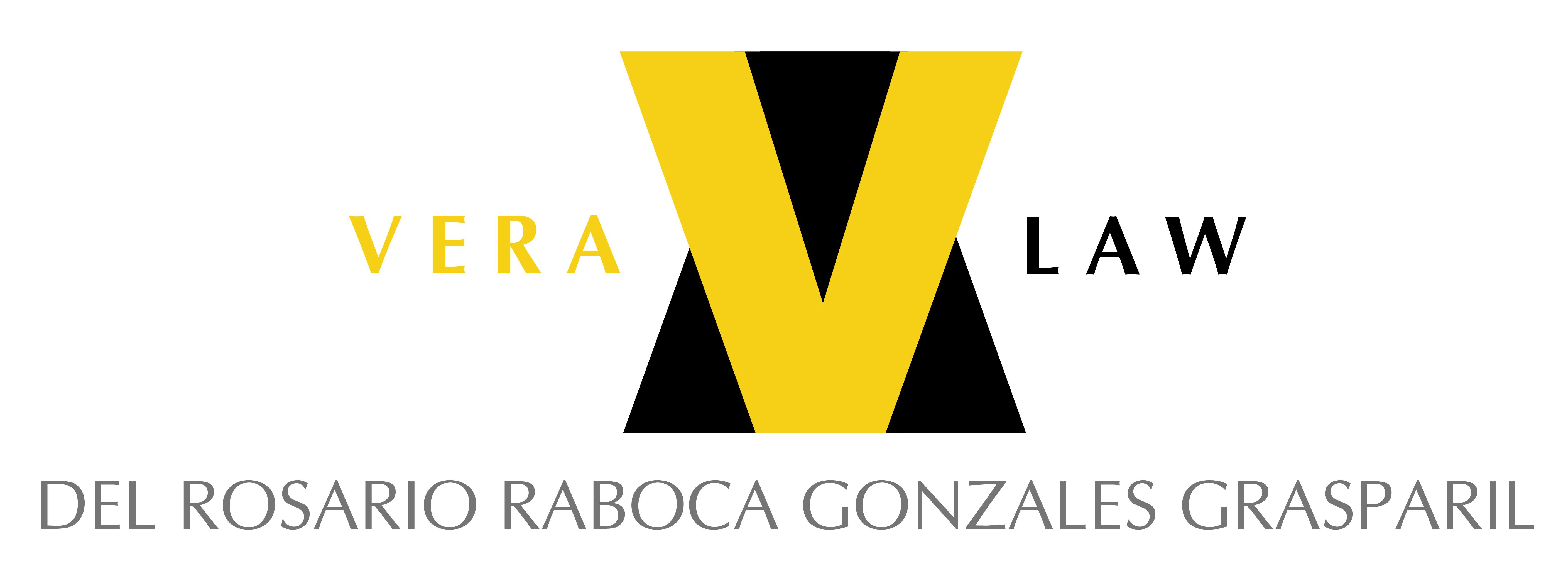On 21 July 2015, President Benigno Aquino III signed into law the Philippine Competition Act which aims to establish measures that safeguard competitive conditions and protection to consumers.
The law prohibits practices that allow entities to restrict market competition through anti-competitive agreements and abuse of dominant position and prescribes a policy that requires parties of mergers and acquisitions to obtain clearance from the PhilippineCompetition Commission, a quasi-judicial body created by the law. It defines anti-competitive agreements as practices between competitors that restrict price competition, fix prices at an auction or any form of bidding, or any agreement that substantially prevent, restrict or lessen market competition. However, an entity that controls or is controlled by another entity which has common economic interests shall not be considered its competitor for the purpose of Section 14.
To be considered as an entity occupying a dominant position, one must be in a position of economic strength that capacitates it to control relevant market independently. Business entities that are in a position to control their market are proscribed fromusing that position to substantially prevent, restrict, or lessen competition because the same would constitute as abuse of dominant position. Below are some of the practices that are punished by the Act:
– The act of selling goods or services below cost that objectively drive competition out of the market;
– The act of imposing barriers to entry or preventing competitors from growing within the market in an anti-competitive manner, except when it is a result of superior product, business acumen or legal rights or laws;
– The act of setting unreasonably discriminatory prices or terms or conditions and setting unfairly low purchase prices for goods or services of marginalized providers and producers.
Parties with plans of entering into mergers or acquisitions with transactional value of over PHP 1 Billion are now required to notify the Commission before they may consummate the agreement and they may do so only 30 days after. Failure of notification renders the agreement void and subjects the parties to an administrative fine that can cost them as much as 5% of the value of the transaction. The parties may proceed with the merger or acquisition if the Commission fails to act upon the review within 90 days and it produces a disputable presumption that theagreement is not violative of the Act when it receives a favorable recommendation from the Commission. However, a favorable ruling or non-objection from the Commission does not dispense of the requirement of afavorable recommendation from the appropriate government agency for specialcorporations listed in Section 17 of the Corporation Code.
The highlight of the law is its costly fines imposed in administrative and criminal penalties. Those found to have violated any act in Sections 14, 15, 17 and 20 of the Act areadministratively liable and may be fined, according to the gravity and duration of the violation, as much as PHP 250 Million while those violations that are not specifically penalized by the Act may be fined PHP 2 Million.
Responsible officers and directors of entities that enter into any anti-competitive agreement that fall under Section 14(a) and 14(b) shall be liable for each and every violation, and be penalized by imprisonment of up to 7 years and a fine of not less than PHP 50 Million but not more than PHP 250 Million.
Unless instituted within five years from the time the violation is discovered by the offendedparty, authorities, or their agents (for criminal actions), or from the time the cause of action accrues (for administrative and civil actions), any action arising from a violation of any provision of the Act shall be forever barred. Any person who suffers direct injury by reason of any violation of this Act may institute a separate and independent civil action after the Commission completes its preliminary inquiry.
Another highlight of the law is the provision of Nolo Contendere that provides a relief similar to a plea of guilty in a criminal case. An entityfound criminally liable under the Act for violating Section 14 (a) or Section 14(b) may enter a plea of Nolo Contendere in which he does not accept nor deny responsibility to the charges but agrees to accept punishment as if he had pleaded guilty. However, such plea cannot be used against the entity toprove civil liability or any other cause of action.
With the broad scope of acts constituting violations of the Philippine Competition Act and stifffines and penalties, the new law aims to have a more efficient economy that promotes free and fair competition in trade, industry, and all economic activities in the country.

